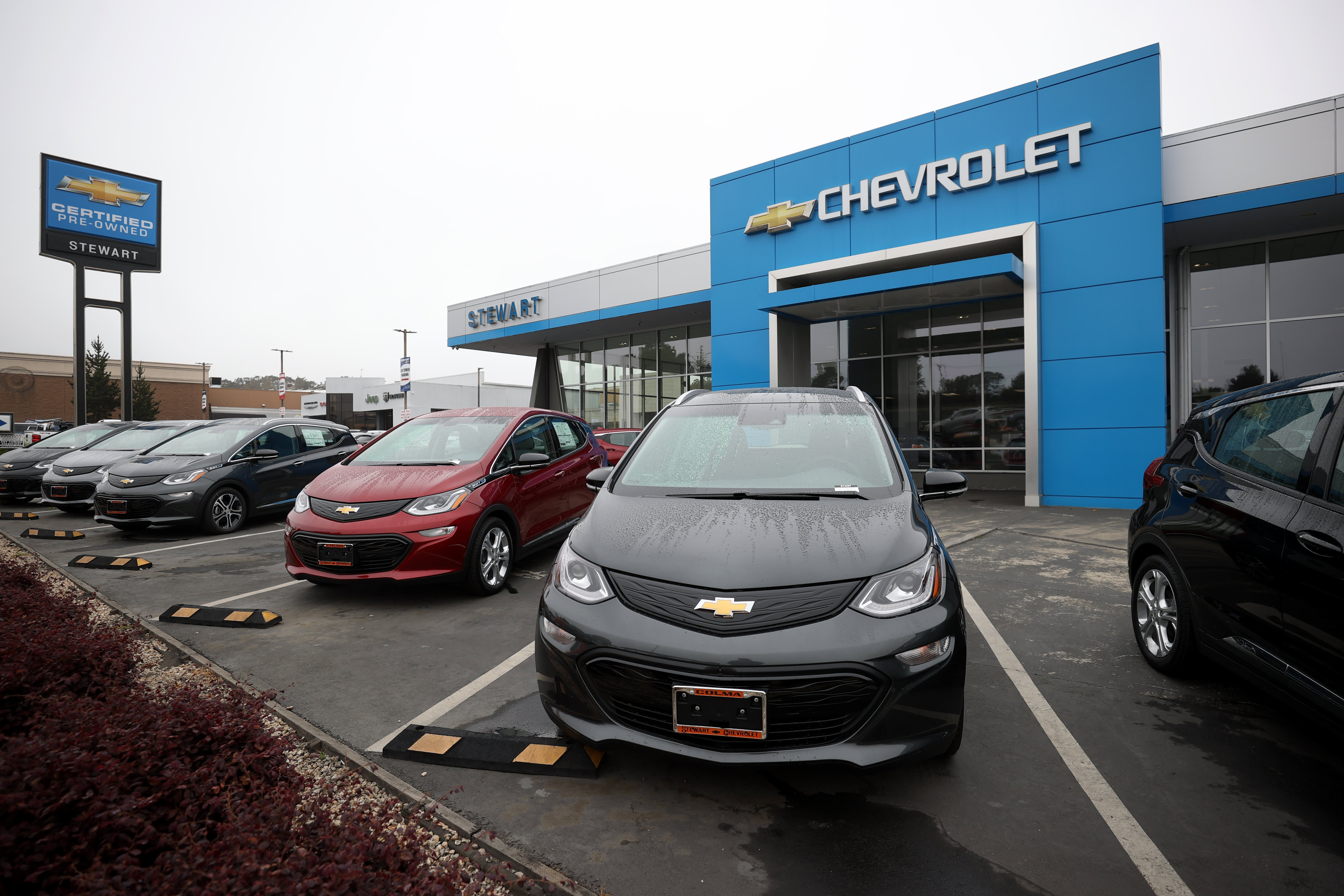DETROIT – General Motors’ U.S. vehicle sales during the second quarter were slightly lower than analyst expectations as an ongoing shortage of semiconductor chips impacted vehicle production and dealer inventories.
The Detroit automaker on Thursday reported sales of 688,236 vehicles during the second quarter, up 39.7% from a year earlier when the coronavirus pandemic caused Americans to shelter in place and temporarily closed auto dealerships. Analysts expected GM’s sales to increase by between roughly 40% and 43%, according to forecasts from auto research firms Edmunds and Cox Automotive.
“Consumer demand for vehicles is also strong, but constrained by very tight inventories. We expect continued high demand in the second half of this year and into 2022,” said Elaine Buckberg, GM chief economist, in a statement.
GM is among the first major automakers to report second quarter sales on Thursday. Overall, analysts estimate automakers sold about 4.5 million vehicles in the U.S. in the second quarter — a 52% to 53% increase compared with the second quarter of 2020.
While the sales recovery from the depths of the pandemic is impressive, the pace of sales this year is slowing. Deutsche Bank analyst Emmanuel Rosner expects June’s sales pace to be 15.7 million vehicles, down from 17.1 million vehicles in May and 18.6 million vehicles in April.
“The market demand is there but the inventory is not,” former Ford CEO Mark Fields, a TPG Capital senior advisor, said during an interview Thursday on CNBC’s “Squawk on the Street.”
